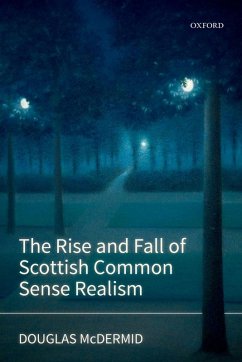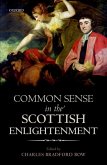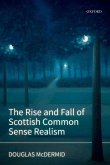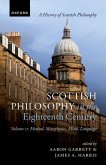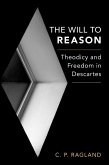The Rise and Fall of Scottish Common Sense Realism examines the ways in which five Scottish philosophers - Lord Kames (1696-1782), Thomas Reid (1710-1796), Dugald Stewart (1753-1828), Sir William Hamilton (1788-1856), and James Frederick Ferrier (1808-1864) - tackled a problem which has haunted Western philosophy ever since Descartes: that of determining whether any form of perceptual realism is defensible, or whether the very idea of a material world existing independently of perception and thought is more trouble than it is worth. This century-long conversation about the relation between mind and world led these five Scots to think uncommonly hard about a host of challenging issues in epistemology, metaphysics, philosophy of mind, and meta-philosophy. In order to present each philosopher's views in a fair and reasonably charitable light, Douglas McDermid has tried to identify the main problems each was attempting to solve, to relate his work to that of his predecessors where possible, to describe the mistakes (real or perceived) he was particularly anxious to correct, to explain the internal logic of his position, and to discuss some of the main objections which he anticipated and tried to rebut. McDermid's hope is that even seasoned students of the realism controversy may learn something new and valuable from this exercise, if only because he has chosen to focus not on the usual suspects - Descartes, Locke, Berkeley, Hume, and Kant - but on a fresh and undervalued cast of characters.
Dieser Download kann aus rechtlichen Gründen nur mit Rechnungsadresse in A, B, BG, CY, CZ, D, DK, EW, E, FIN, F, GR, HR, H, IRL, I, LT, L, LR, M, NL, PL, P, R, S, SLO, SK ausgeliefert werden.

